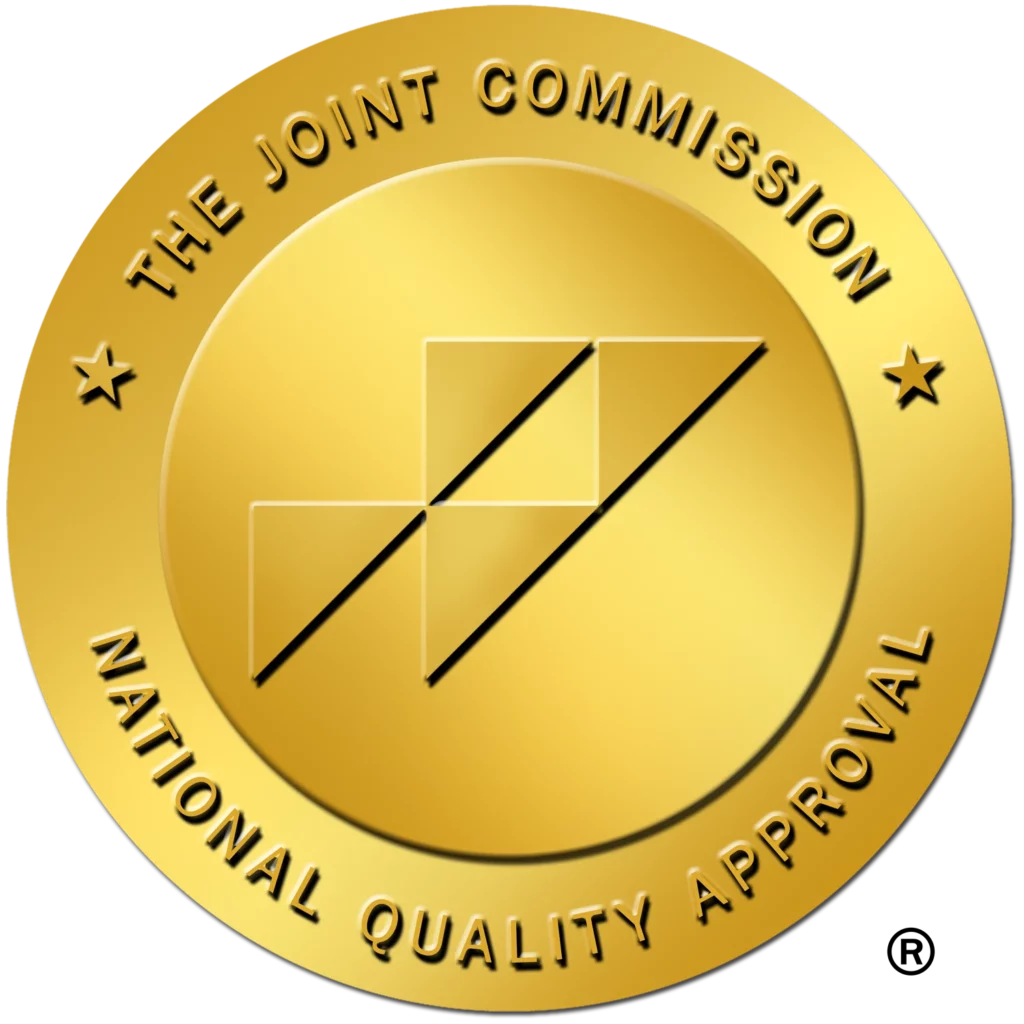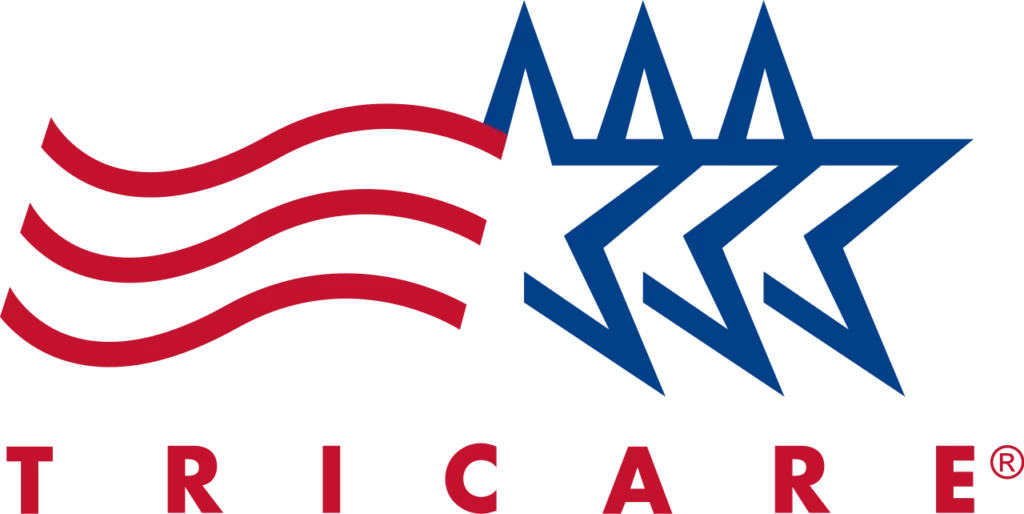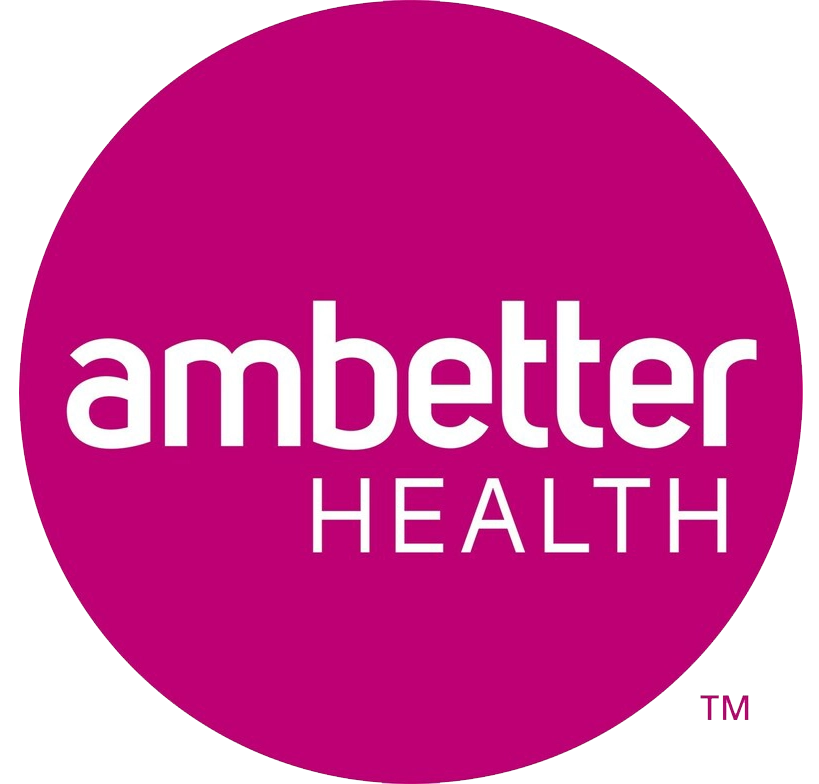What is Outpatient Rehab?
This entry was posted in Addiction Recovery, Alcohol Abuse, Alcohol Rehab, Drug Abuse, Drug Rehab and tagged difference between inpatient and outpatient rehab, outpatient alcohol rehab, outpatient drug rehab, outpatient rehab, what is outpatient rehab on January 12, 2022 by Justin Baksh, MS, LMHC, MCAP, Chief Clinical Officer.

Damaged relationships. Decimated finances. Deadened self-worth. Addiction can leave a wake of destruction in every area of life. Fortunately, it can also be successfully treated at a qualified drug and alcohol treatment center. When entering treatment, though, you should carefully weigh the decision between an inpatient or an outpatient rehab program.
Many people associate drug rehab with inpatient treatment. However, outpatient treatment is an equally effective, more affordable, and even preferable alternative to inpatient treatment.
Detox Comes First
Before you enter treatment, you’ll need to successfully complete detox.
This is a one-to-two-week process that should ideally take place in a medical detox facility. It is not advisable to try doing it on your own. Especially in the case of alcohol and opioid withdrawal, it can potentially be dangerous to try detoxing without supervision. Take heart, though, it is easier to make time for a week off from the world than the four to five weeks or more of inpatient treatment.
There is another option for detoxing from opioids. You can go through the early phases of withdrawal by starting on Suboxone, at least 24 hours after your last opioid use. The advantage of outpatient detox with Suboxone is that you don’t have much downtime. And you can taper off of it during the later phases of outpatient rehab.
No matter which method you use, after successful detox, you can choose to go directly to an outpatient rehab center or to an inpatient facility.
What is the Difference Between Inpatient and Outpatient Rehab?
With inpatient treatment, clients live on-site at an addiction treatment facility. Often it it’s a lockdown situation, where clients are unable to leave the facility to go to work or visit family. They may even have to give up access to their phones or a computer. This can be inconvenient for many. Not everyone can put their lives on hold for 30 days or stay to do an inpatient rehab stay.
With outpatient rehabilitation, on the other hand, clients live at home or in a sober living facility and attend treatment during the day. In some cases, nighttime programs are available as well. Although outpatient rehab does not always start a hospital or residential treatment facility stay, it may be required in some cases.
In both inpatient and outpatient rehab, the treatment itself is the same, including:
- One-on-ones with mental health counselors
- Group sessions led by a therapist
- Physician evaluation and monitoring of medical issues
- Psychological assessment and treatment for co-occurring conditions such as depression and anxiety
- A range of other evidence-based therapies such as biofeedback and neurofeedback
The choice of inpatient versus outpatient treatment boils down to where clients reside while receiving treatment. Individuals seeking to recover from substance use disorders may find outpatient rehab to be an attractive option. It allows them to establish a new, sober life, including employment, new residence if needed, a new network of sober friends, while still receiving treatment and support so that they do not go off track.

How Long is Outpatient Rehab?
The duration of outpatient rehab is different for every patient. It can be as short as 28 days and as long as six months or more, especially when the last phase of outpatient rehab is added.
The important thing is whether treatment outcomes stick. There are studies that show that longer treatment durations are more successful for the client.
How do Outpatient Rehab Programs Work?
There are three levels of outpatient programming. They can be used in conjunction or independently. and treatment plans are customized to meet each patient’s specific needs at any given time. Depending on the situation, treatment programs can be used as a step-down approach or even as a step-up approach if needed.
Partial Hospitalization Program
Using a step-down strategy, the Partial Hospitalization Program (PHP) can help patients transition from detox or inpatient to outpatient treatment. When clients require a more focused level of treatment at a higher frequency, PHP can meet their needs. It is a full-time program, with approximately 36 hours per week of treatment.
A typical program can run approximately six to seven hours per day, five to six days per week. This gives clients a substantial amount of support for early recovery. Because they live offsite, clients are also able to maintain a residence in a sober living home or on their own, attend outside Alcoholics Anonymous, Narcotics Anonymous or Celebrate Recovery meetings, and more.
Intensive Outpatient Program
An intensive outpatient program (IOP) transitions clients from detox, a residential stay or a partial hospitalization program to a less intensive level of care. Compared to outpatient groups, these clients require a greater level of intervention and are committed to remaining sober and active in the recovery community.
During their time in IOP, clients attend sessions held three to five times a week for three hours each. Sessions are flexible, with nighttime options available at some facilities. Because of the part-time nature of the treatment schedule, clients can seek full-time employment and meet other obligations while still getting a good amount of support and continuing their addiction treatment.
Outpatient Program
The Outpatient Program (OP) is the least intensive level of outpatient care. It helps clients as they pursue a life of long-term, meaningful recovery after completing more intensive treatment. It provides needed support and resources to maintain sobriety in the real world. Outpatient sessions are generally 90 minutes long and occur one to three times per week in a clinical setting. OP runs until the primary therapist, the client, and their family determine that the extra support is no longer required.
The Outpatient Rehab Advantage
Drug and alcohol addiction treatment does not take place solely in an inpatient setting. Outpatient rehab allows patients the opportunity to remain at home and continue to work while also attending regular therapy sessions.
There are numerous advantages to outpatient rehabilitation, ranging from better quality of life to cost savings. With outpatient rehab, you are not cut off from the world while receiving the treatment you need for addiction. You can also get a jump on restoring your finances by working part- or full-time during your outpatient rehab treatment. Insurance companies, for their part, have made a shift toward outpatient treatment versus lengthy inpatient stays as well. If you are going the private pay route, outpatient is considerably cheaper – up to one-third the cost of an inpatient rehab.

The bottom line is that outpatient rehab treatment is just as effective as inpatient. Look for a program that customizes treatment to address the different needs and intensity of addiction for each person. This will ensure that you receive the best possible care while on the way to recovery.










